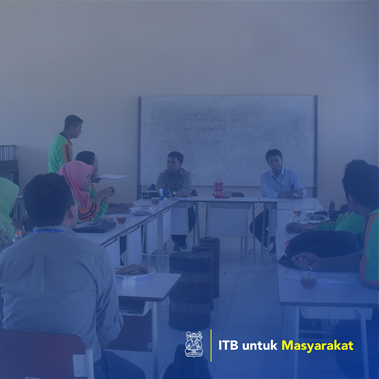

Muhamad Insanu
The use of natural medicine in Indonesia increased from time to time. Trend back to nature become a choice in the treatment of some diseases. This is due to the belief that the drugs from natural products have fewer side effects than the existing synthetic drugs. Based on the regulation of the Head of POM (Indonesian FDA) HK.00.05.4.2411, May 17, 2004, the classification of Indonesian natural medicine consists of three types, namely Jamu, standardized herbal medicine and phytopharmaca. The difference are the level of claims and evidence of drug efficacy. Standardized herbal medicine should have passed the preclinical trials, while claims of phytopharmaca should have passed clinical trials. Materials used should be standardized so that there will be a guarantee constancy from one product to the other. Because the use of natural drug increased among the communities, some irresponsible manufacturers were looking for a shortcut to get their product sold on in the market. They added some chemical drugs (BKO). BKO which were frequently used include paracetamol, antalgin, and corticosteroids. Their effects were antipyretic (fever), analgesic (antipain) and appetite enhancer. BKO which did not appropriate to the rules will harm the consumers due to the unwanted side effects of the BKO. Unfortunately many people did not know about these conditions, they did not get enough information about the dangers of using BKO which were not comply with the rules. Therefore, the aim of this community service was to provide counseling about the safe use of natural medicine Indonesia. Hopefully this counseling can increase public knowledge in the area Nagrog Ujungberung, Bandung. The methodology that used for this community service project was counseling. The topic of the counseling was giving information about the classification of natural product medicine and information about the dangerous of additional synthetic drugs to traditional drugs. After counseling, there was a questionnaire to evaluate if the topics delivered succesfully. Based on questionnaire results, 100 % respondents have used traditional medicine, but only half of them (50%) knew the classification of traditional medicine in Indonesia. All of them (100%) thought that the counseling events was a good program. They hoped that it will be organized more often than now. They found that they gain a lot of new knowledge after this project.
Pelaksanaan Kegiatan Kepedulian Sosial berupa pendidikan/penyuluhan/pendampingan
Many people did not get enough information about the dangers of using BKO which were not comply with the rules.